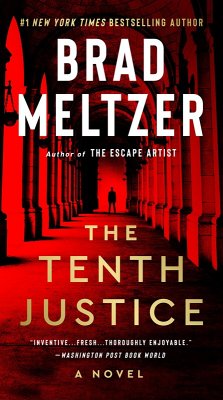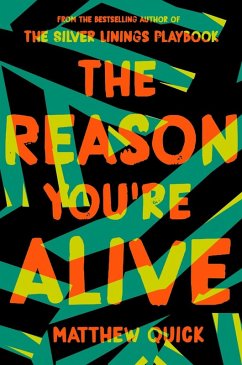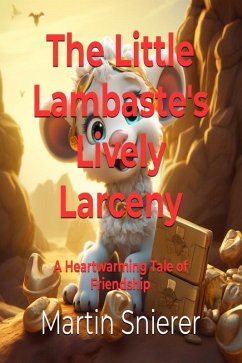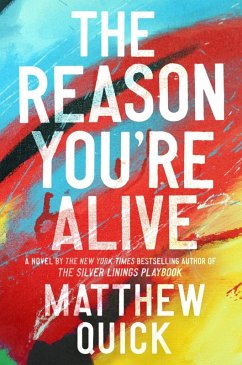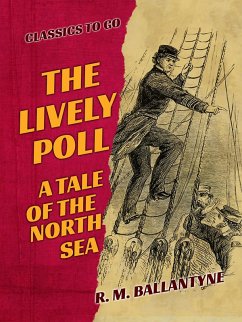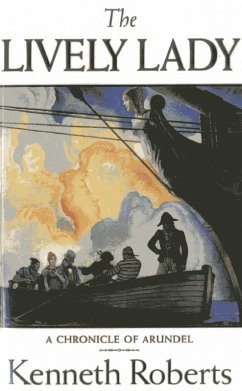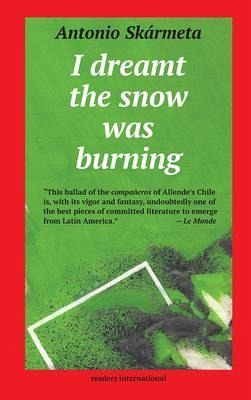
I Dreamt the Snow was Burning (eBook, ePUB)

PAYBACK Punkte
3 °P sammeln!
On 11 September 1973 General Augusto Pinochet led a military coup against the elected government of Salvador Allende, bombing La Moneda, the presidential seat in Chile's capital Santiago where the President died resisting the attack.The National Football Stadium became a torture centre, where supporters of Allende's Popular Unity government were rounded up, tortured, and - like the popular singer Victor Jara - brutally killed. Chile's Nobel-prize winning poet Pablo Neruda also died in mysterious circumstances immediately following the coup.Thousands of Chileans disappeared, now known to have b...
On 11 September 1973 General Augusto Pinochet led a military coup against the elected government of Salvador Allende, bombing La Moneda, the presidential seat in Chile's capital Santiago where the President died resisting the attack.
The National Football Stadium became a torture centre, where supporters of Allende's Popular Unity government were rounded up, tortured, and - like the popular singer Victor Jara - brutally killed. Chile's Nobel-prize winning poet Pablo Neruda also died in mysterious circumstances immediately following the coup.
Thousands of Chileans disappeared, now known to have been murdered, and many others went into exile, including the writer Antonio Skármeta, who was completing his first novel I Dreamt the Snow was Burning, set in the weeks just before the coup, where football, Neruda's poetry, the growing tensions of the period clash around the inhabitants of a cheap Santiago boarding house, from petty crooks to fervent supporters of Popular Unity. Into their midst comes a football-mad country boy longing only to be a massive star - and of course to score with the girls.
"Skármeta strikes a brilliant balance between realistic portrayals of daily life and stream-of-consciousness scenes... His ability to amplify emotional undercurrents and capture the raw poetry of everyday language is impressive. Journalist Malcolm Coad deserves praise for the lucidity and electrical vibrancy of his translation." SAN FRANCISCO CHRONICLE
The National Football Stadium became a torture centre, where supporters of Allende's Popular Unity government were rounded up, tortured, and - like the popular singer Victor Jara - brutally killed. Chile's Nobel-prize winning poet Pablo Neruda also died in mysterious circumstances immediately following the coup.
Thousands of Chileans disappeared, now known to have been murdered, and many others went into exile, including the writer Antonio Skármeta, who was completing his first novel I Dreamt the Snow was Burning, set in the weeks just before the coup, where football, Neruda's poetry, the growing tensions of the period clash around the inhabitants of a cheap Santiago boarding house, from petty crooks to fervent supporters of Popular Unity. Into their midst comes a football-mad country boy longing only to be a massive star - and of course to score with the girls.
"Skármeta strikes a brilliant balance between realistic portrayals of daily life and stream-of-consciousness scenes... His ability to amplify emotional undercurrents and capture the raw poetry of everyday language is impressive. Journalist Malcolm Coad deserves praise for the lucidity and electrical vibrancy of his translation." SAN FRANCISCO CHRONICLE
Dieser Download kann aus rechtlichen Gründen nur mit Rechnungsadresse in A, D ausgeliefert werden.




